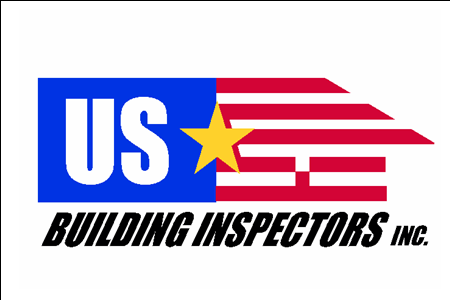
Ten Important Questions to Ask Your Home Inspector
1. What does your inspection cover?
The inspector should ensure that their inspection and inspection report will meet all applicable requirements in your state if applicable and will comply with a well-recognized standard of practice and code of ethics. You should be able to request and see a copy of these items ahead of time and ask any questions you may have. If there are any areas you want to make sure are inspected, be sure to identify them upfront. Our report encompasses, the four main systems of any home: roof, electrical, plumbing and HVAC (air conditioning & heating), as well as the roof being inspected from on top of the roof, as well as from inside of the attic, the insulation, the electrical system, the plumbing system including the water heater, the appliances, ceilings, walls, doors, floors, baseboards, and our Standards of Practice and Code of Ethics are readily available for you to review. I am a licensed home inspector and a licensed mold assessor.
2. How long have you been practicing in the home inspection profession and how many inspections have you completed?
The inspector should be able to provide his or her history in the profession and perhaps even a few names as referrals. Newer inspectors can be very qualified, and many work with a partner or have access to more experienced inspectors to assist them in the inspection. 16 years in the profession, ask me more!!
3. Are you specifically experienced in residential inspection?
Related experience in construction or engineering is helpful, but is no substitute for training and experience in the unique discipline of home inspection. If the inspection is for a commercial property, then this should be asked about as well. Yes, I am specifically experienced in residential inspection.
4. Do you offer to do repairs or improvements based on the inspection?
Some inspector associations and state regulations allow the inspector to perform repair work on problems uncovered in the inspection. Other associations and regulations strictly forbid this as a conflict of interest. No, it is against our Code of Ethics. It is a conflict of interest. It is against the law in the State of Florida to do any type of work, repair, or improvement on a home during the first year after the home inspection has taken place. We do not do repairs, improvements, or any type of work on a home at all, ever.
5. How long will the inspection take?
The average on-site inspection time for a single inspector is two to three hours for a typical single-family house; anything significantly less may not be enough time to perform a thorough inspection. Additional inspectors may be brought in for very large properties and buildings. A typical 2,000-3,000 sf property 2-3 hours.
6. How much will it cost?
Costs vary dramatically, depending on the region, size and age of the house, scope of services and other factors. A typical range might be $300-$500, but consider the value of the home inspection in terms of the investment being made. Cost does not necessarily reflect quality. HUD Does not regulate home inspection fees. Text me an address at 561-784-8811 along with your email address and I will reply to you with a price list for that particular home!! $275 for a standard home inspection for 2,000 sf home. WDO, wind mit, 4-point, mold, irrigation, are all separate prices.
7. What type of inspection report do you provide and how long will it take to receive the report?
Ask to see samples and determine whether or not you can understand the inspector's reporting style and if the time parameters fulfill your needs. Most inspectors provide their full report within 24 hours of the inspection. It is an online inspection report that is comprehensive, yet easy-to-read, lots of pictures, and very thorough explanations, so we recommend you only print the General Summary but read the entire Home Inspection Report online. A sample of a home inspection report is a link on the front page of my website: www.usbi.net
8. Will I be able to attend the inspection?
This is a valuable educational opportunity, and an inspector's refusal to allow this should raise a red flag. Never pass up this opportunity to see your prospective home through the eyes of an expert. Absolutely, it is beneficial if you attend.
9. Do you maintain membership in a professional home inspector association?
There are many state and national associations for home inspectors. Request to see their membership ID, and perform whatever due diligence you deem appropriate. Yes, the State, National, and International member is with InterNACHI. I am an active current member in good standing with them.
10. Do you participate in continuing education programs to keep your expertise up to date?
One can never know it all, and the inspector's commitment to continuing education is a good measure of his or her professionalism and service to the consumer. This is especially important in cases where the home is much older or includes unique elements requiring additional or updated training. Yes, it is required by the law for both my home inspection and mold assessor licenses.